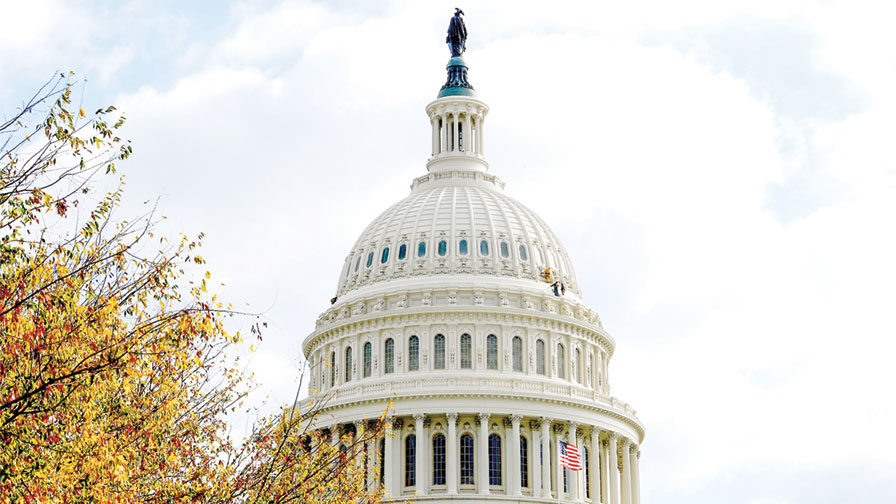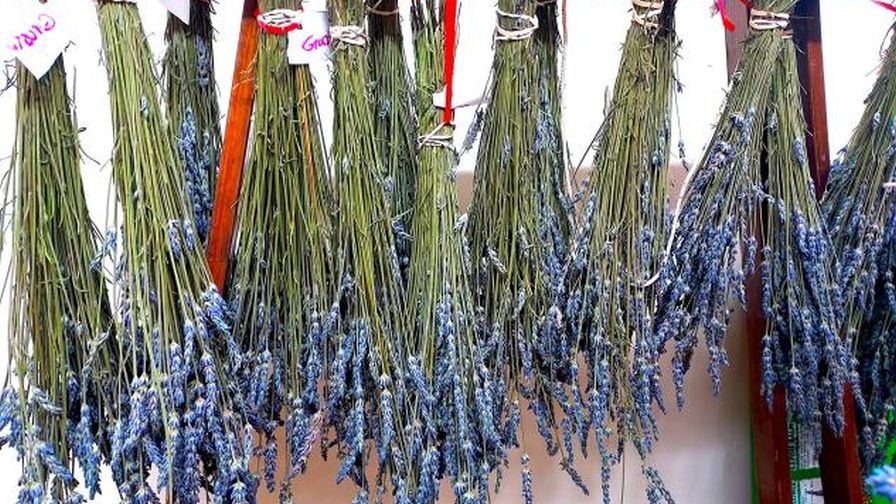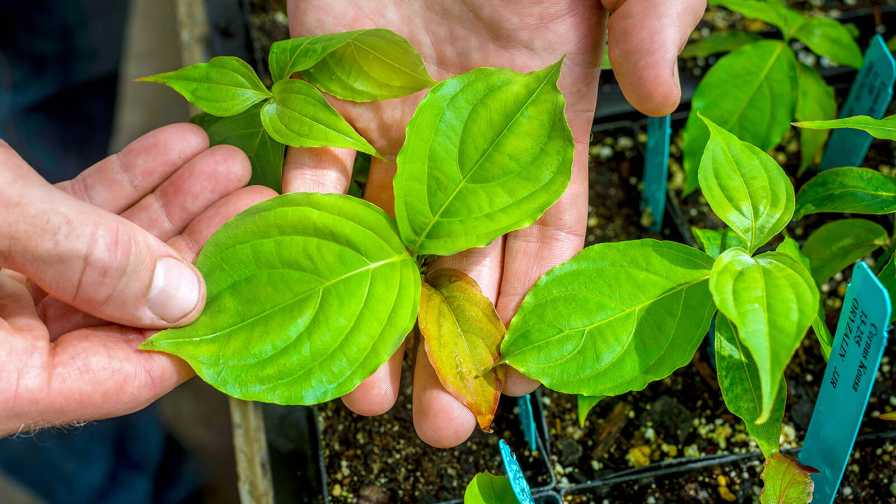Three Floriculture Takeaways from the State of the Union Address
 Note: The following analysis of President Trump’s State of the Union address, and what it means for the floriculture industry, is from Drew Gruenburg, Chief Operating Officer of the Society of American Florists (SAF). You can read the complete article, and learn more about SAF’s upcoming Congressional Action Days, here.
Note: The following analysis of President Trump’s State of the Union address, and what it means for the floriculture industry, is from Drew Gruenburg, Chief Operating Officer of the Society of American Florists (SAF). You can read the complete article, and learn more about SAF’s upcoming Congressional Action Days, here.
When President Trump addressed Congress and the nation during his first State of the Union since the GOP lost the House to Democrats, he spoke of the need for unity, but his speech also highlighted entrenched divides between the two parties.
Still, according to Shawn McBurney, SAF’s Senior Director of Government Relations, there were at least three takeaways for floral industry members listening last night to the annual address, related to immigration, trade, and tariff negotiations.
“It’s very difficult — and probably not wise — to try to predict too much in the future from a State of the Union address, but we did get insight into this administration’s continued priorities last night, and some of those issues certainly affect the industry,” McBurney says.
Immigration Remains a Hot — and Divisive — Topic
President Trump returned several times in his speech to the need for immigration reform, including his desire for a border wall.
“The complicated issue is one that affects many floral industry members, and the State of the Union underscored that it will continue to be a flashpoint in the country and between the two parties,” McBurney says.
The President Continues to Prioritize Trade Reforms
“President Trump came into office promising new trade policies, and in his address last night he asked specifically for the support of lawmakers in passing the new agreement among the U.S., Mexico, and Canada, known as USMCA, into law,” McBurney says. SAF, he says, has advocated for a “do no harm” approach to USMCA regulations governing movement of floral products across borders.
Tariffs Are a Topic of Ongoing Conversation — and Some Concern
The president asked lawmakers to approve the U.S. Reciprocal Trade Act, which would allow the administration to impose tariffs on products if the president determines that tariff or non-tariff barriers on that product are higher than those of the U.S. The president’s call for more authority in this area comes as lawmakers are trying to limit his trade powers, noted McBurney, adding that “the reciprocal tariff authority would bring additional uncertainty with trading partners.”










